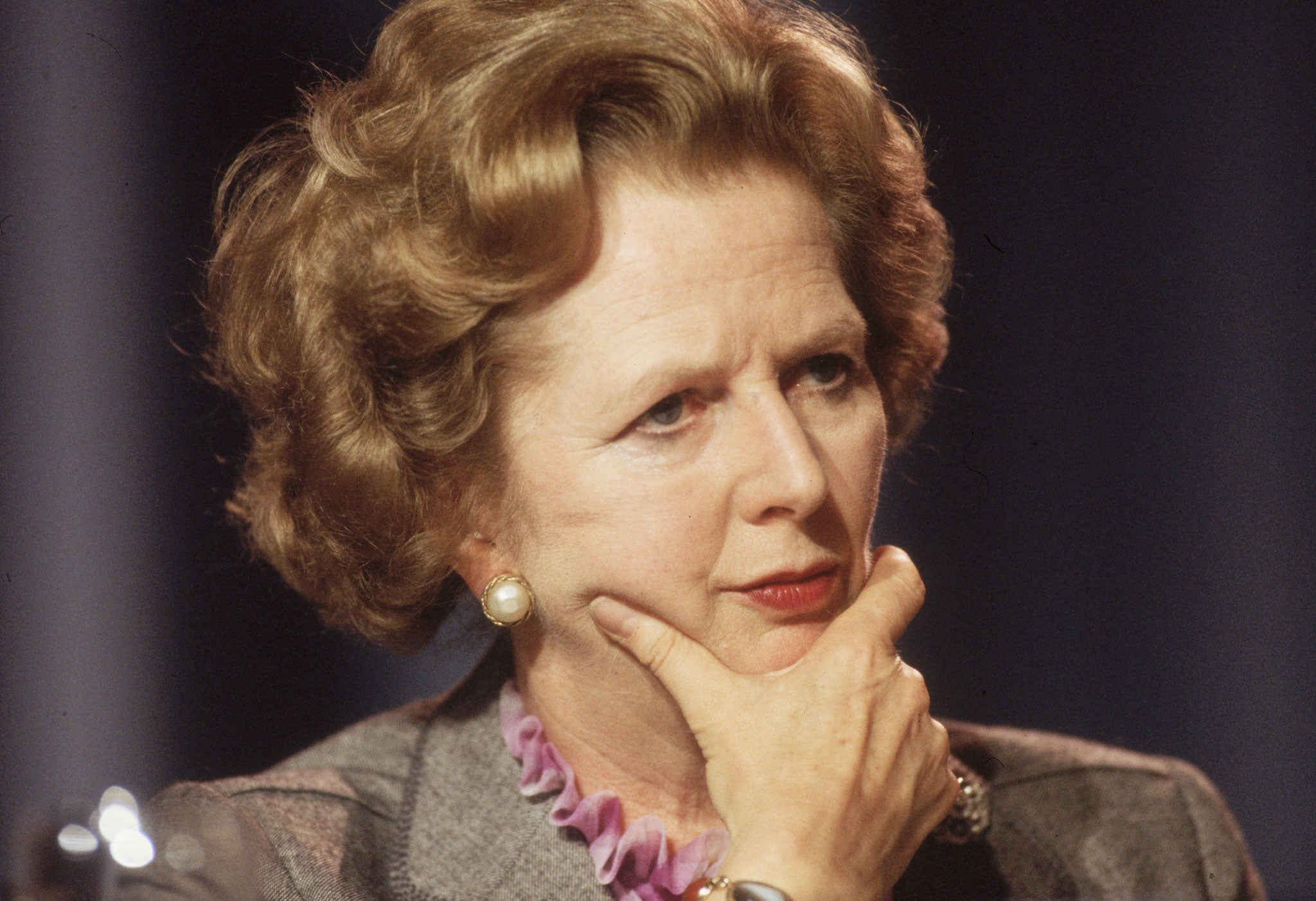Thatcher: Respect for the dead is an outdated and foolish principle
Let us say what we think, and be frank about it: death does not confer privilege

Do we owe the dead respect, even if we disagreed with them profoundly, even if we were harmed by them in some way, even if we think that their influence on their times was largely negative, and their legacy damaging?
Street parties celebrating the death of Baroness Thatcher have been condemned by Tony Blair and others for bad taste. They are certainly unprecedented in Britain at least, and there is an unappealing similarity with television images of people dancing on the fallen statues of dictators in parts of the world where nothing like the institutions and practices of British political life exist. In suggesting a comparison, we do ourselves no favours.
But bad taste and false comparisons aside, the question remains: must we respect the newly dead merely in virtue of their being dead? We might be mindful of the grief of family and friends, but still feel that a judgement about the life and legacy of a prominent individual should be an honest one.
The standard trope is: de mortuis nil nisi bonum – “Of the dead say nothing but good”. Why?
Why should one not speak as one did when the person was alive? The story of a prominent individual’s life cannot be complete without the truth about what people felt at the moment of summing up, whether it is in mourning or rejoicing. Let us say what we think, and be frank about it: death does not confer privileges.
An outburst of pleasure at the departure of someone who was deeply polarising and gave expression to callous attitudes is both perfectly understandable and justifiable. No quantity of apologetics about the good effects on the economy or the military situation in the world will satisfy someone who saw whole communities devastated by unemployment, livelihoods lost and neighbourhoods turned into wastelands: the felt quality of life is the final measure of the effect on individuals, and they have a right to their say.
Respect for the dead is a hangover from a past in which it was believed that the dead might retain some active influence on the living, and that one might re-encounter them either in this life or a putative next life.
Last month the people of China went in their millions to the graves of their ancestors to perform the annual ritual of putting paper money and cakes on them. Honouring the dead is not only a form of remembrance but propitiation. In our more rational age we know that the only thing left of the dead is influence and memory in the minds of the living. It is the influence which is the target of praise or condemnation when summings up are offered.
Future historians will be glad that people have begun to speak frankly of their estimations of major figures when they die. Frank opinions explain far more than the massaged and not infrequently hypocritical views expressed in obsequies.
The democratic value of frank expression of opinions about public figures and public matters should not be hostage to squeamishness or false ideas of respect – let us respect ourselves instead, and say what we truly feel.
Join our commenting forum
Join thought-provoking conversations, follow other Independent readers and see their replies
Comments
Bookmark popover
Removed from bookmarks